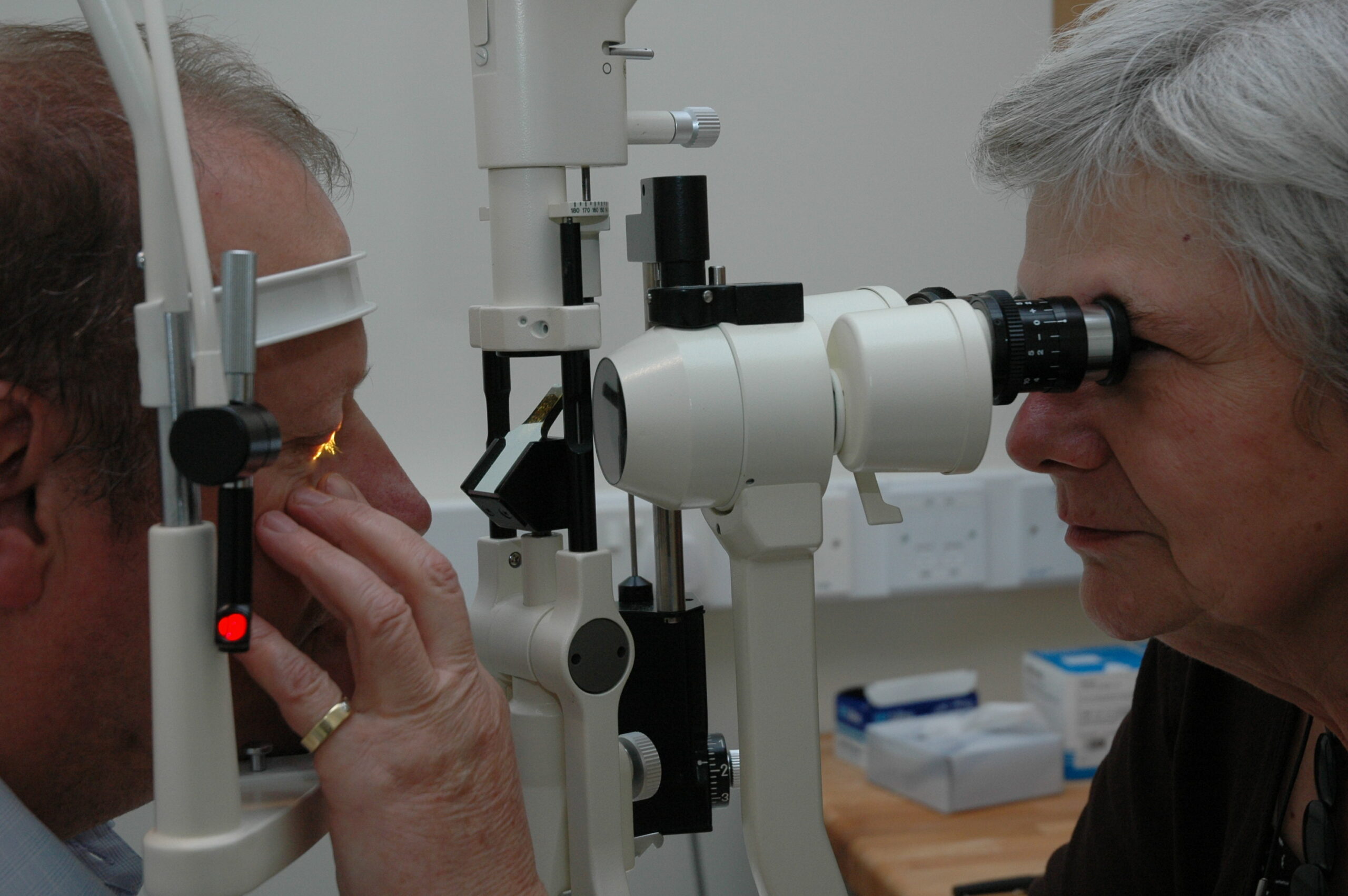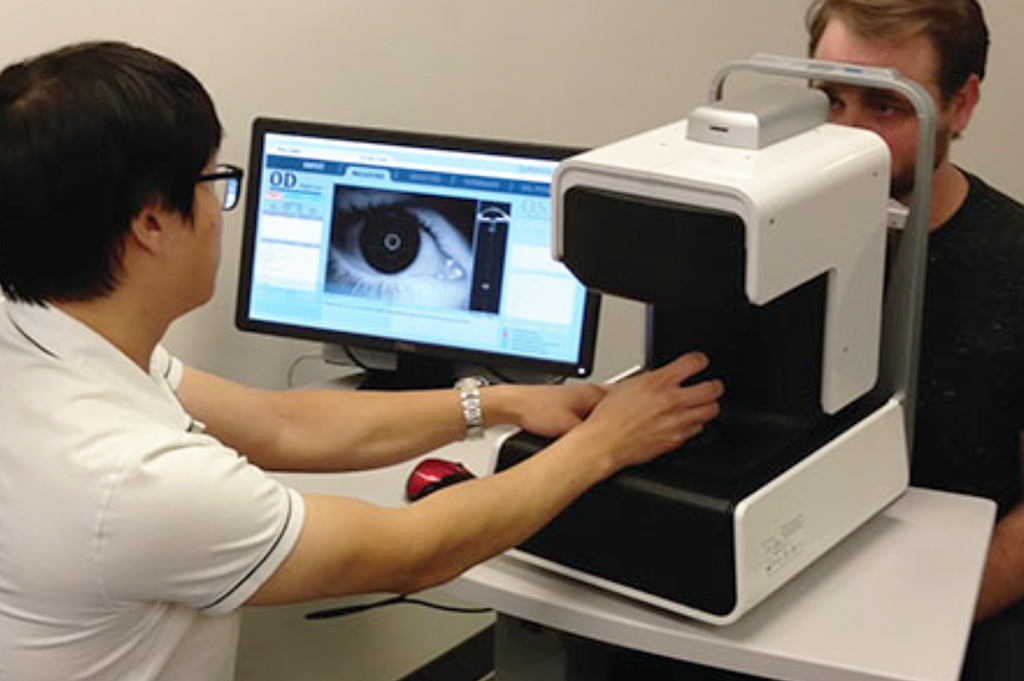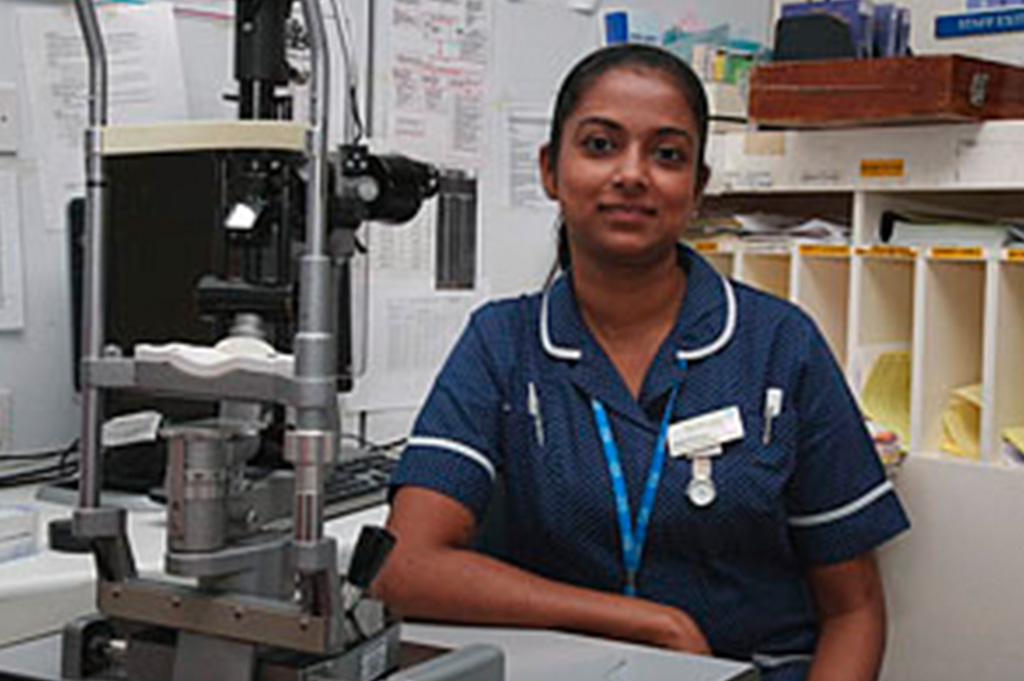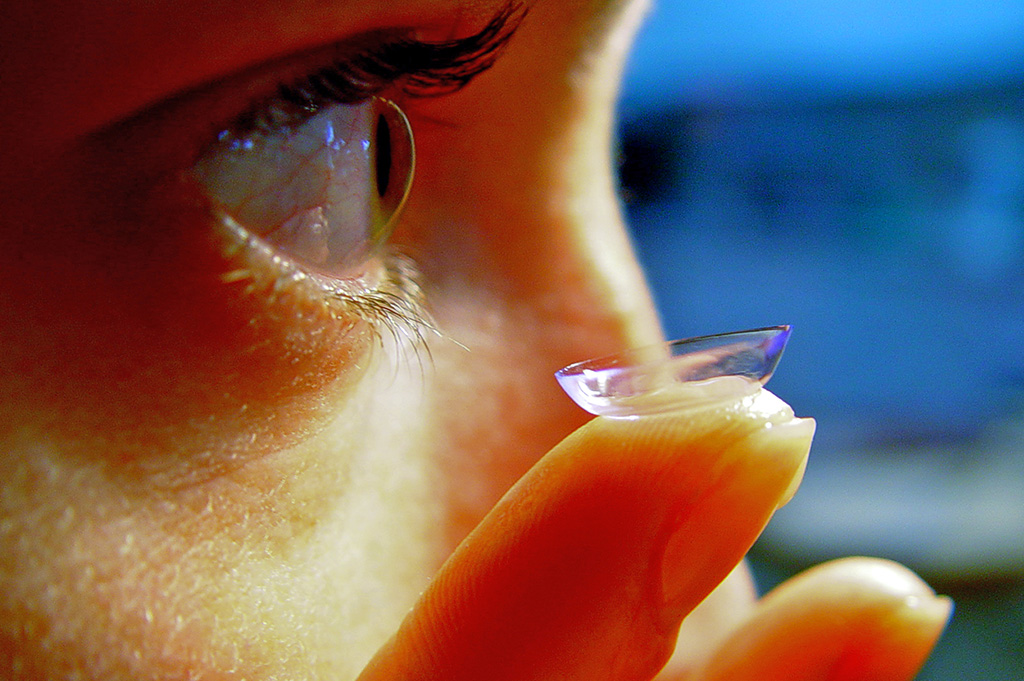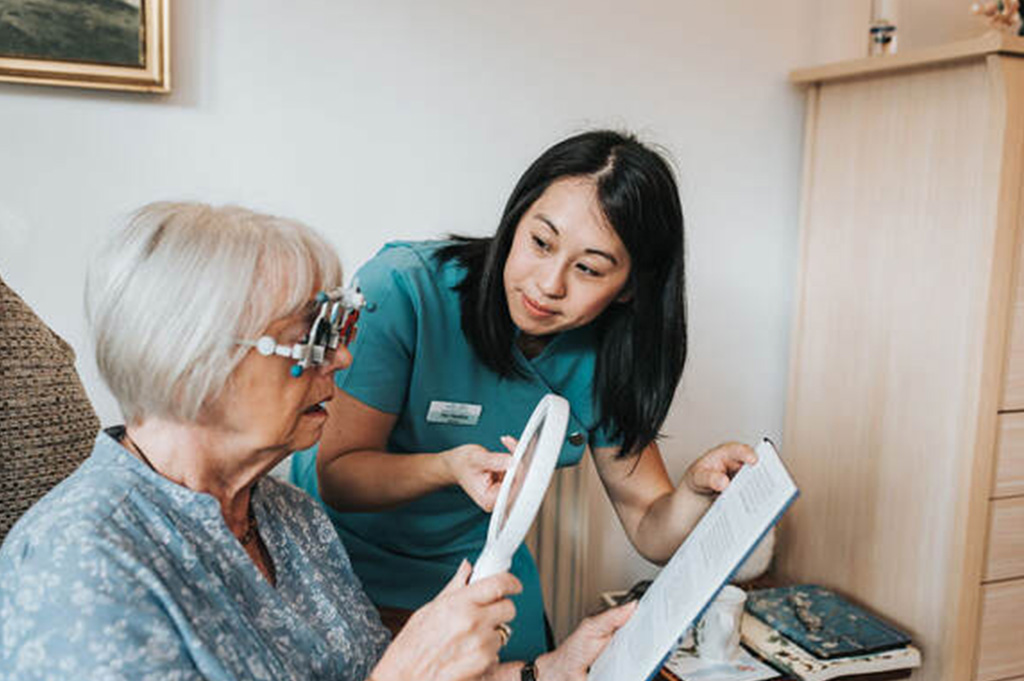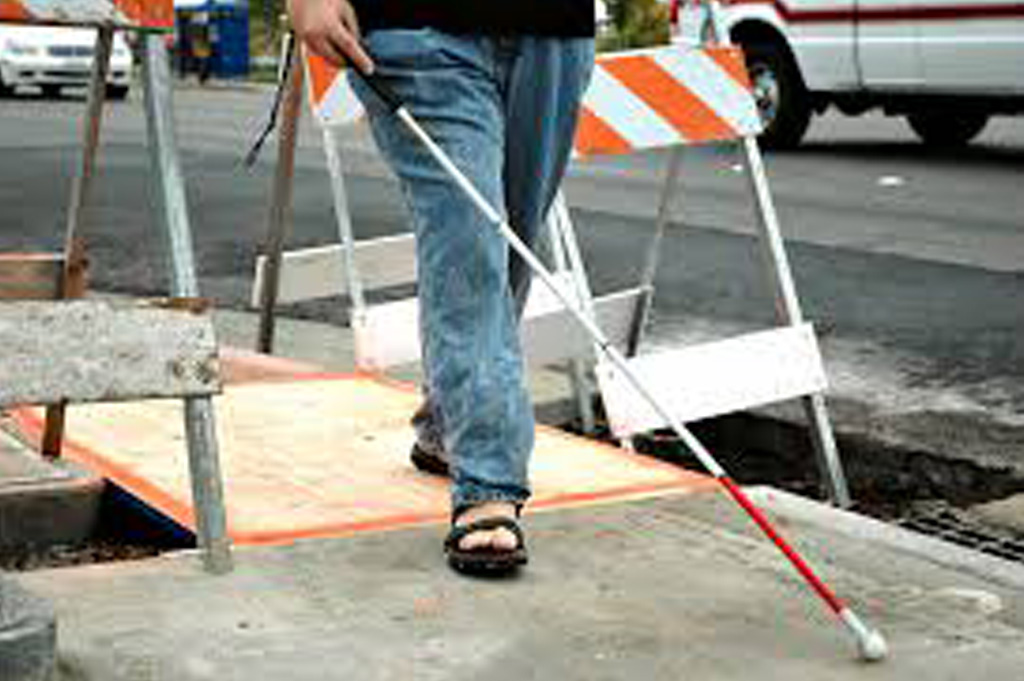The traditional eye health care team has changed and continues to develop to meet increasing demands for eye service due to the ageing population and the introduction of new treatments. Aspects of clinical work that were previously the domain of the medically qualified ophthalmologist are now being delivered by a broader multidisciplinary team of optometrists, orthoptists, ophthalmic nurses and ophthalmic clinical scientists.
In 2016 the Royal College of Ophthalmologists in partnership with the Royal College of Nursing (RCN), the College of Optometrists (CoO), the British and Irish Orthoptic Society (BIOS), and the Association of Health Professions in Ophthalmology (AHPO) developed the Ophthalmic Common Clinical Competency Framework (OCCCF) to provide standards and guidance for non-medical eye healthcare professionals who undertake expanded roles. In 2019 this was developed into a curriculum, with corresponding work-place based assessments and resources, covering four clinical areas; acute and emergency eye care, cataract assessment, glaucoma and medical retina. You can find more information about this here.

